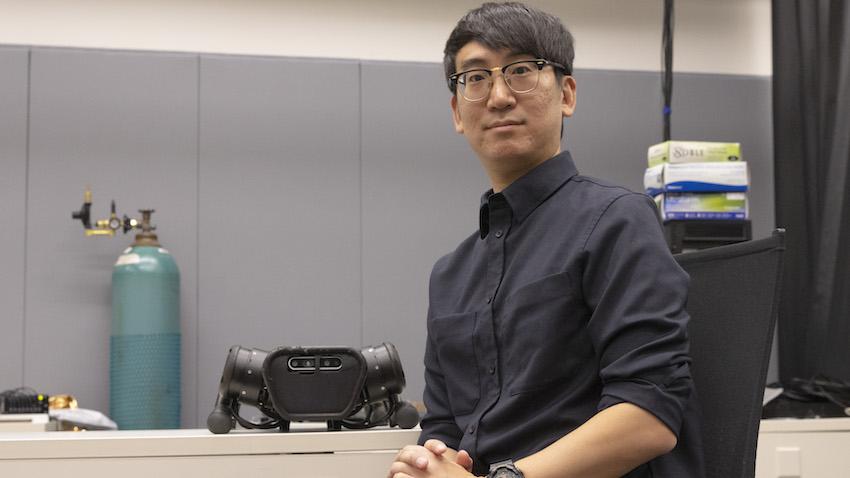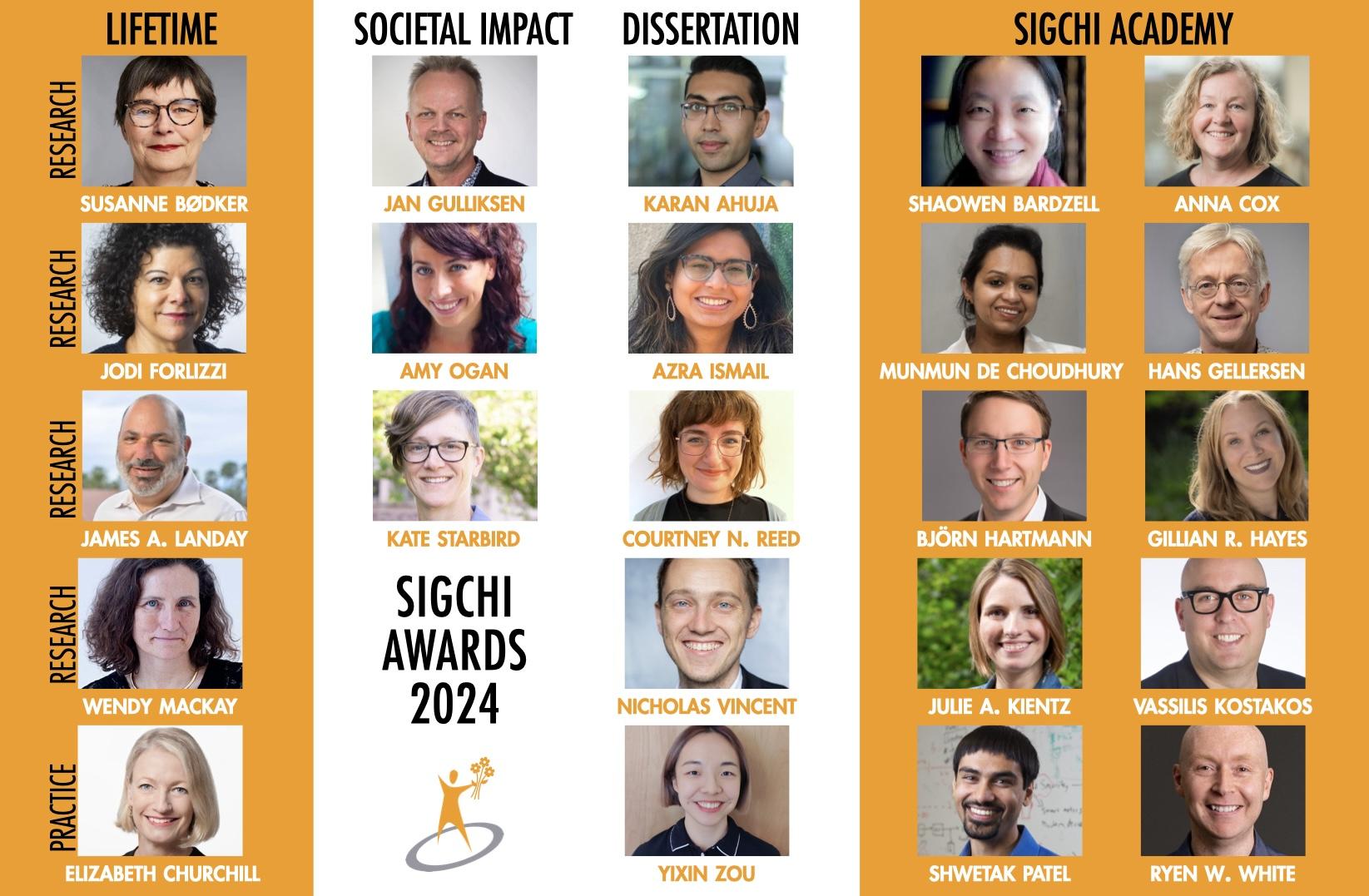Cognitive & Learning Sciences
The ways humans think, process, and learn in the world are increasingly mediated by technology. From educational technologies supporting classroom instruction, to AI agents modeling and mediating independent decision making & learning, to informal interactions online and in museums sparking creativity and engagement, to inquiry-based online learning, to self-directed lifetime learning, the design of interactive technologies impacts how we engage with the world.
The Cognitive and Learning Sciences (CLS) group at Georgia Tech investigates human cognition and learning, and the role technology may play in cognition and learning through the design and study of learning environments — in school, online, in the workplace, at home, and in informal settings, as well as in self-directed learning. Our broad, multidisciplinary team of faculty and students investigates cognitive, social, and technological aspects of design, including integration of artificial intelligence, machine learning and data science, augmented and virtual reality, personal informatics, and culturally relevant pedagogy. We explore cognition and learning at scales ranging from individual mental processes to achievement gains in project-based learning courses at scale to large online globally-distributed asynchronous classes. Faculty and students publish in the top venues of HCI, cognitive science, AI, education, learning sciences, and psychology.
Human-centered computing permeates our undergraduate offerings within the areas of human computer interaction (HCI), artificial intelligence (AI) cognitive science, and learning sciences and technologies. The College of Computing’s People thread provides a broad range of course options, including learning how to design user experiences in software, how we learn, and how technologies can support learning in a variety of contexts, as well as developing an understanding of the mind as an information processor. The Intelligence thread in CoC provides courses in the cognitive science of thinking and learning, as well as learning about knowledge-based AI, machine learning, and natural language processing techniques for supporting human cognition and learning. Our Computational Media program focuses on the computer as a medium, helping students develop knowledge not just of the technical aspects of computing, but also about how to apply human-centered computational thinking to the design of new digital media forms. Our graduate programs build on these same sources of knowledge but emphasize advanced professional education required to lead in these areas (such as our master’s degrees in HCI and CS) or the acquisition of knowledge and skills to advance the state-of-the-art in the human-centered computing sciences (such as our Ph.D. in HCC).
Affiliated Labs
Rosa Arriaga

Associate Professor
Betsy DiSalvo

Associate Professor
Ashok Goel

Professor
Christopher MacLellan

Assistant Professor
Keith McGreggor

Professor of the Practice
Jessica Roberts

Assistant Professor
Judith Uchidiuno

Assistant Professor
Sashank Varma




